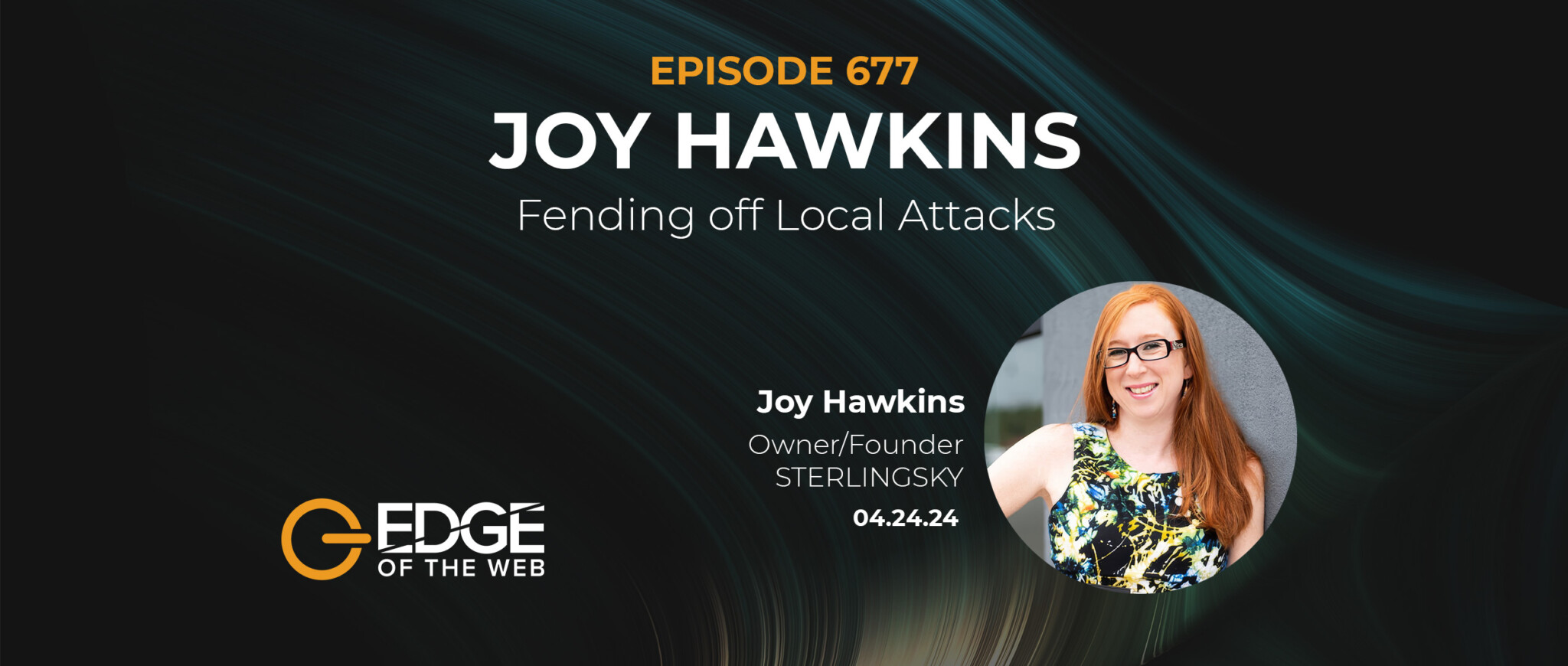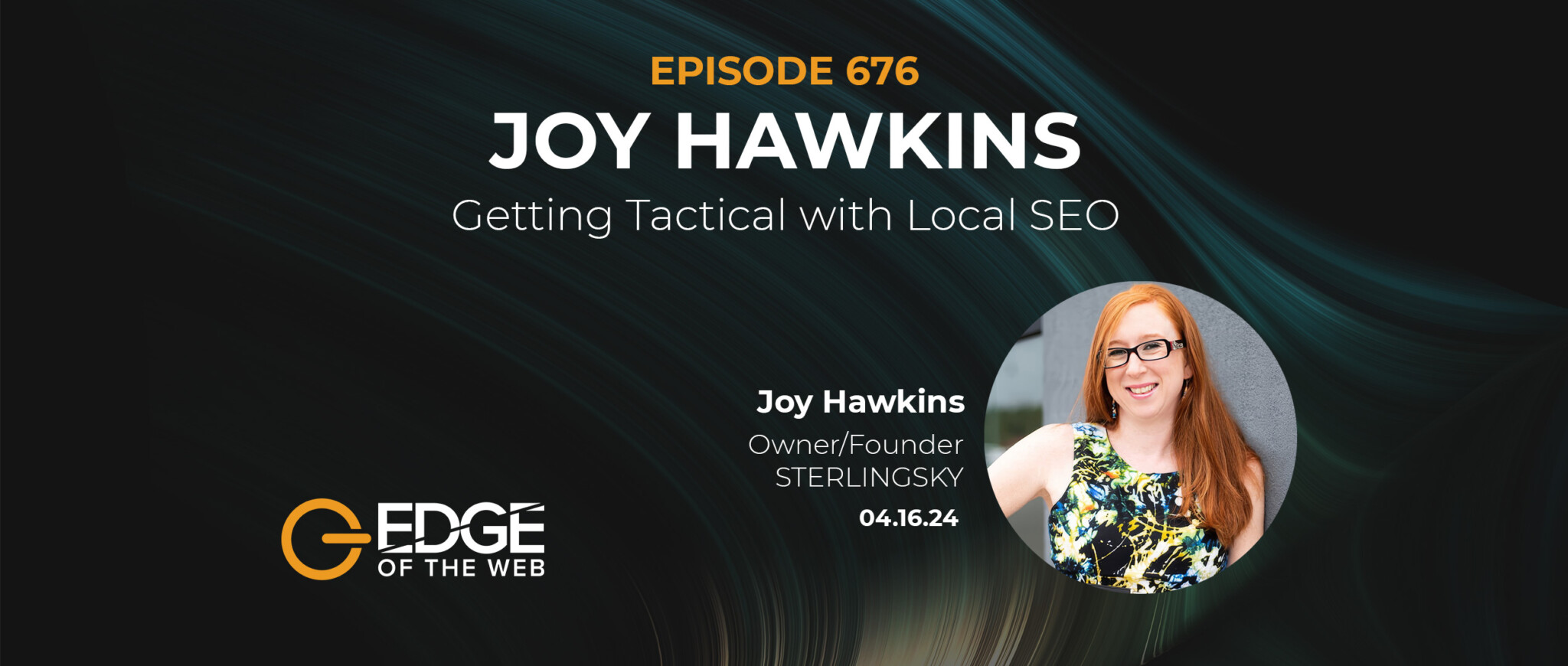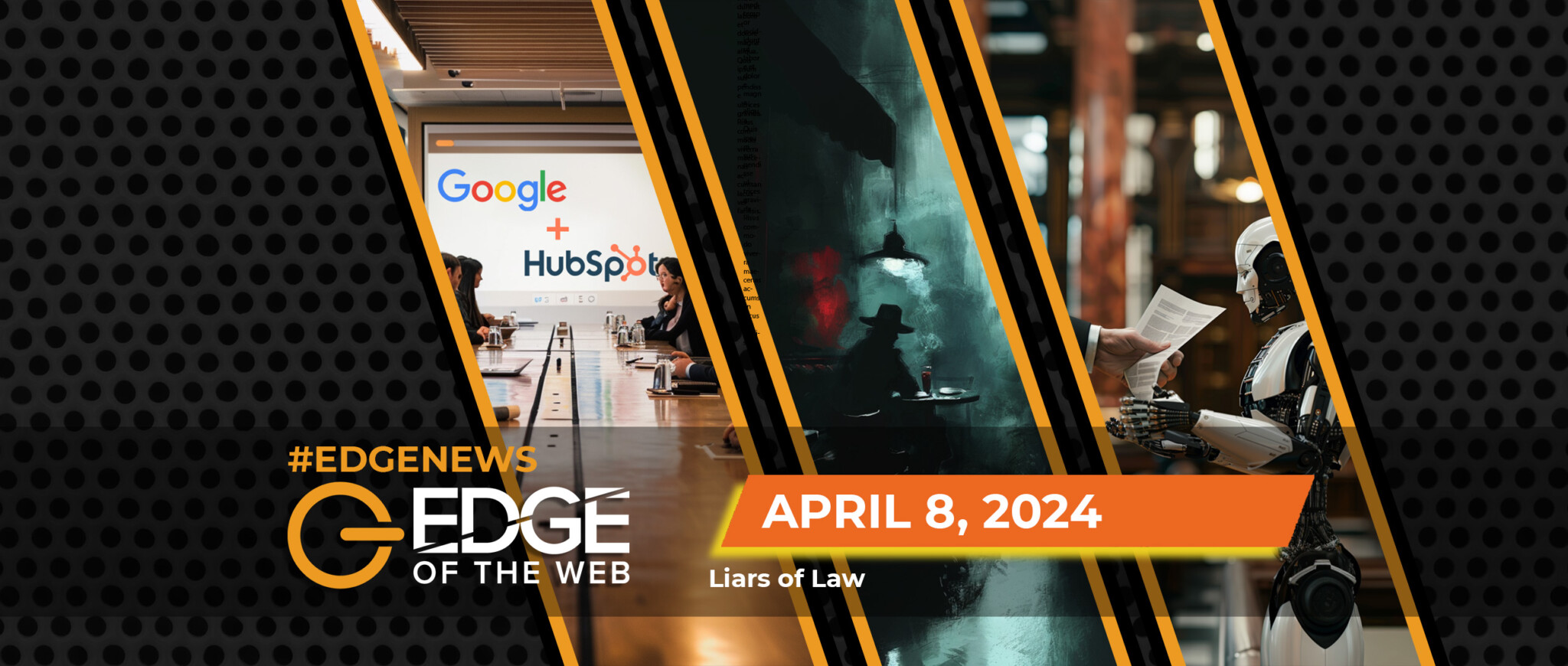Host Erin Sparks and Studio Creative Director Jacob Mann along with Mordy Oberstein, Wix’s SEO Liaison, talk about the news you need to know and understand over the past week, including more on the evolving story of FLoC, a delay in Google’s Core Web Vitals (i.e. Page Experience) algorithm update and a potential search shortcoming Google still hasn’t mastered.
Google Has Problems With Long-Form Question Answering
Answering long-form Questions is an aspect of consumer behavior that Google still needs to work on. Roger Montti of Search Engine Land reported on an internal research paper Google conducted found that generating paragraph-length answers was a challenge facing Natural Language Processing. It’s easy for Google to provide short answers, but some questions require much more nuance.
So why is this important? Well, one aspect, as Montti points out, is that Google being great at short-form answers means long-form, authoritative copywriting may (or may not be) something to scrutinize. If Google is better at pulling short answers, it may be worth it to provide short answers alongside long-form explanations on-site. The jury is still out, but it’s something for content marketers to consider.
- Mordy Oberstein: “When you’re asking a very straightforward question, even though it’s very detailed and nuanced or long-tail, Google does a good job with that. But, when you’re throwing some kind of twist and turn into the question itself, that’s where you’re going to find Google has a harder time.”
- Erin Sparks: “You could always look at a question as a long-tail query, but it’s the pivots of those of the different operant terms in that question, and additional nuance, that is more and more difficult to express and be able to answer. Now, that’s where BERT also comes in because those were those transformer connectors between queries.”
WordPress Proposal To Block FLoC
As we discussed with Carolyn Lyden, Director of Search Content at Search Engine Land and Third Door Media, FLoC is Google’s response to demands for consumer privacy and anonymization. FLoC, the Federated Learning of Cohorts, buckets users by behavioral habits and moves the company away from third-party cookies.
Long story short, it’s a surprisingly unpopular initiative. There are concerns of discrimination baked into the process, even coming from the Electronic Frontier Foundation, that has FLoC under intense scrutiny.
And, now, as George Ngyuen reports, there’s a proposal for WordPress to treat FLoC like a security concern and block it by default. To understand the scale: WordPress is on the backend of an estimated 40% of all websites. That’s a huge piece of the pie.
- Erin Sparks: “Just allow us to opt-in. Not opt-out. Don’t try to categorize us with certain types of behavioral traits. When it gets down to it, who’s making those behavioral tags and categories? Who’s making the call? Let my behavior, my online behavior, dictate what ads I want to be able to see and give me the control of whether or not I want to be tagged on that particular website. We should be responsible for our own history and the advertising structure that we want to see in our online experience.”
- Mordy Oberstein: “I kind of feel like this whole, ‘Hey, you downloaded Chrome, you agreed to the terms of service, in tiny, tiny, fine print’ has got to go. From everybody, from Facebook, to Twitter, to whoever: that’s not the way to do business. Be upfront. Be transparent. Give people control. Don’t try to hoodwink them in by defaults.”
Google Postponing The Core Web Vitals Update
Google’s new Page Experience algorithm update takes Core Web Vitals into account when considering ranking. It makes sense; a quicker user experience is a better user experience. Bloating on image size, slow script and a host of other issues can make a page perform worse than others.
If you want to see how your page is performing, check out Google’s Lighthouse tool. (And, if you need help fixing your issues, give Site Strategics a call).
SEOs were bracing for a mid-May launch of the update, but Barry Schwartz reports that the update won’t be affecting rankings until June. It’ll be a gradual rollout, with the update going full boar in August.
- Erin Sparks: “For anybody who’s listening to this and doesn’t know what we’re talking about: you’ve got to look at the speed of your site. What are you actually delivering to the user? Are you impeding the user by moving things around so much? Watch the user behavior. It’s not just bounce rates.”
- Mordy Oberstein: “…how fast different elements load, the largest Contentful Paint, the first Contentful Paint, there are all sorts of different metrics.”

























